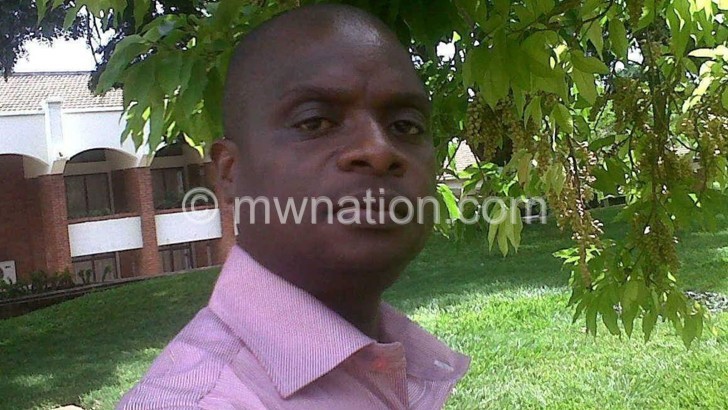IMF, AfDB warns on spending ahead of elections
Malawi’s international monetary authorities have advised government to watch its spending ahead of the elections in 2019.
The think tanks, International Monetary Fund (IMF) and African Development Bank (AfDB), observed that is important that government safe guards gains registered in the macroeconomic environment saying a more balanced budget will give the country more space to respond to negative cyclical shocks.

Responding to the warning, Treasury spokesperson Davis Sado said government has heed the call by putting in place developmental projects that are aimed at uplifting the country as well as managing the gains in the macroeconomic economic environment.
“It is against the Public Finance Management Act and Treasury instructions for ministries to spend beyond their means or to commit government into expenditures not factored in the budget.
“Already Treasury has communicated to all controlling officers to avoid accruing arrears resulting from over expenditures,” he said.
In its 2018 African Economic Outlook (AEO) released last week, the AfDB while pointing out the positives registered in the Malawi economy, cautions government on overspending ahead of the 2019 Tripartite Elections.
Said the report: “Elections in 2019 are expected to increase pressure on fiscal spending as the current administration strengthens efforts to win re- election.”
Overtime, Malawi has struggled to attain a fairly stable macroeconomic environment but during the past 12 months, the economy showed signs of improvement with annual headline inflation easing to 11.5 percent in 2017 from 21.7 percent on 2016.
The local authorities also managed to deliver expected outcomes on public finance management including fully reconciling government bank accounts with its books.
IMF country representative Jack Ree recently told The Nation that to keep track with the current stable macroeconomic environment government needs to stay the course of fiscal consolidation and do more works on strengthening the financial system’s stability.
“We have a very limited policy space as debt levels are high and the risk of disinflation reversal is real. Political economy cycle in the run up to election is also not particularly helpful. Therefore, we need to be very carefully find a way to make the best use of the policy space in support of private investment.
“Monetary policy should keep its focus on fighting inflation—until we can announce a clean victory. Over time, lower and more stable inflation and a more balanced budget will give us more space to respond to negative cyclical shocks,” he said.
Although government revenues remained largely flat during the past two fiscal years, spending rose in 2014 and 2016 as the government increased its maize purchases and repayments of arrears.
Government’s desire for borrowing has also been on the rise with a 2017 third quarter financial economic review report by the central bank showing that domestic debt rose to K912.9 billion during the quarter, representing a 7.3 percent from K846.1 billion recorded in the second quarter.





